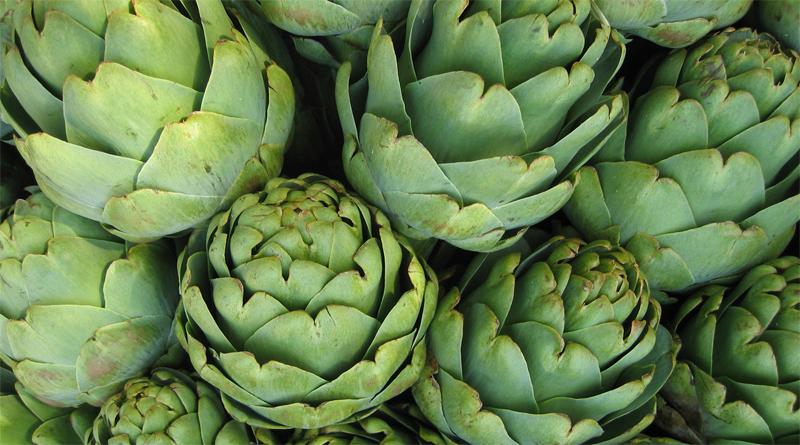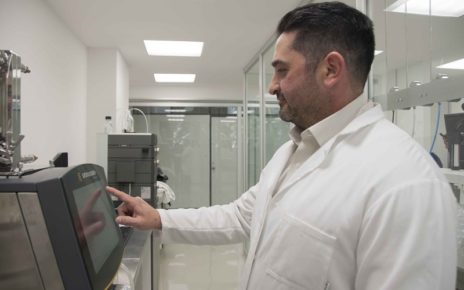A new study by University of Colorado Boulder has shown that prebiotics can improve sleep and buffer the physiological impacts of stress. The animal study shows how REM sleep was improved when taking dietary prebiotics, a result that may open new doors for the prebiotic industry in the future.
Prebiotics, the dietary fibers found naturally in foods like chicory, artichokes, raw garlic, leeks and onions is a growing sector. According to Innova Market Insights, product launches featuring prebiotics in the active health sector rose 5.1% from 2015 to 2016.
Prebiotics have traditionally been used to promote gut health, and products servicing this area are enjoying steady popularity. 2016’s product launches of prebiotics in gut and digestive health products match the number of launches in 2015.
However, this new finding could present a new opportunity for the prebiotic sector, adding to other exciting prospects currently surrounding the prebiotic market. For example, in NutritionInsight’s recent interview with Ivan Blankers from Sensus, he explained how, “Sugar reduction is a big trend for our market, and it’s getting more and more attention.” (You can read this interview here.)
Improved REM Sleep
Discussing the results of his research, Robert Thompson, a post-doctoral researcher in the Department of Integrative Physiology and first author of the new study published in the journal Frontiers in Behavioral Neuroscience, said: “We found that dietary prebiotics can improve non-REM sleep, as well as REM sleep after a stressful event,”
“However, other research suggests these byproducts can influence brain function,” explains lead author Monika Fleshner, a professor in the Department of Integrative Physiology.
For the study, the researchers fed 3-week-old male rats a diet of either standard chow or chow that included prebiotics.
They then monitored the rats’ body temperature, gut bacteria and sleep-wake cycles – using EEG, or brain activity testing — over time.
They found that the rats on the prebiotic diet spent more time in non-rapid-eye-movement (NREM) sleep, which is restful and restorative, than those on the non-prebiotic diet.
“Given that sufficient NREM sleep and proper nutrition can impact brain development and function and that sleep problems are common in early life, it is possible that a diet rich in prebiotics started in early life could help improve sleep, support the gut microbiota and promote optimal brain/psychological health,” the authors wrote.
After being exposed to a stressor, the rats on the prebiotic diet also spent more time in rapid-eye-movement (REM) sleep.
REM sleep is believed to be critical for promoting recovery from stress, with research showing that those who get more REM sleep post-trauma are less likely to suffer from post-traumatic stress disorder.
Stress has previously been shown to reduce healthy diversity of gut bacteria and to lead to a temporary flattening of natural fluctuations in body temperature. But rats on the prebiotic diet were buffered from these impacts, maintaining a healthy and diverse gut microbiota and normal temperature fluctuations even after stress exposure.
However, for now, Fleshner said it’s, “far too early to recommend prebiotic supplements as a sleep aid.”
More studies are in the works to examine what role prebiotics can play in promoting sleep, or buffering stress in people.
However, she does recommend loading up on healthy prebiotic fiber from food. “It can’t hurt and it might help,” she said.
Source: Nutrition Insight








